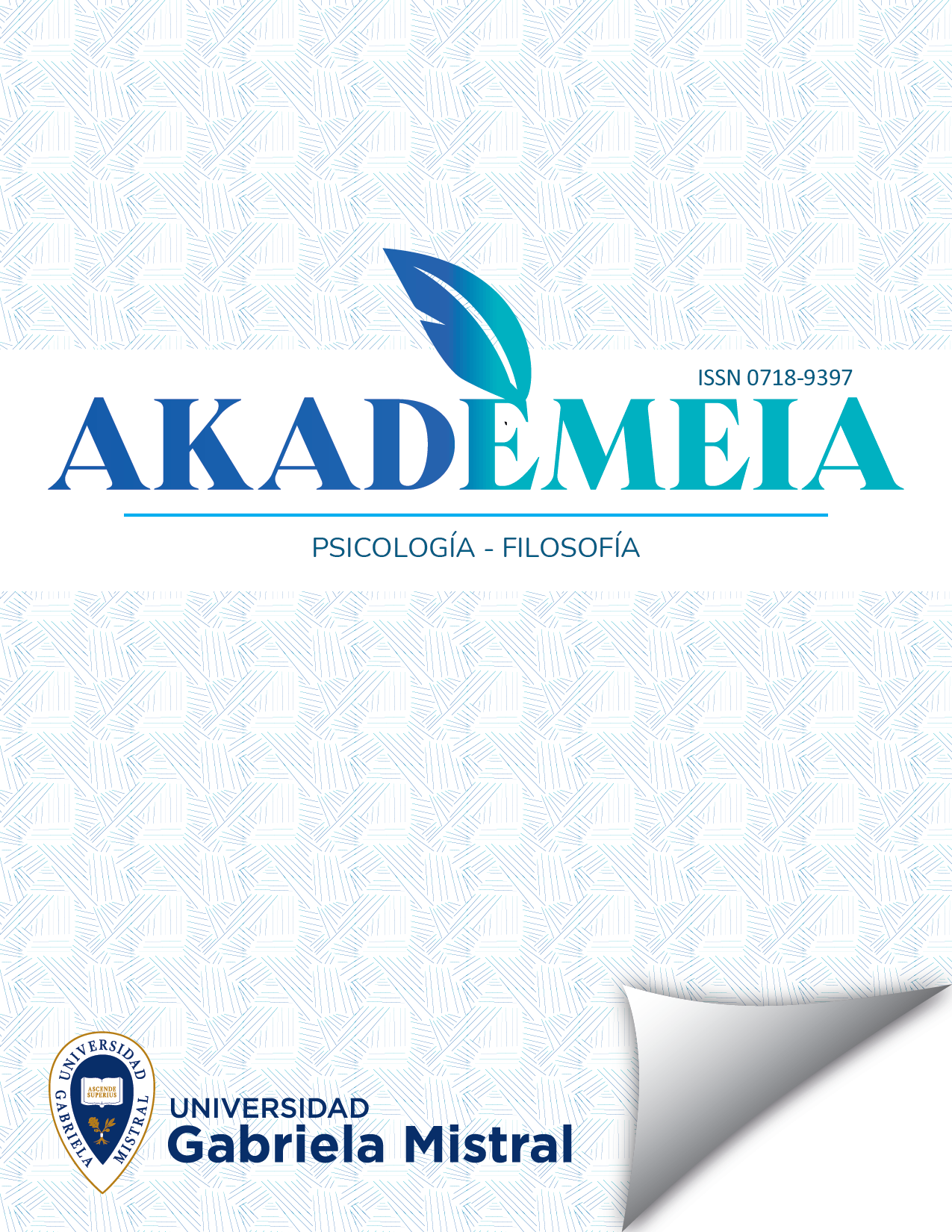Acquisition and Language: the foundationalist per- spective of Tomasello and the second Wittgenstein
DOI:
https://doi.org/10.61144/0718-9397.2023.566Abstract
Through the research of the psychologist and linguist Michael Tomasello and the philosophical insights of the second Wittgenstein, this article wants to derive a foundationalist perspective on language. This view proposes that the phenomenon of acquisition is the foundation of language, both its semantics and its syntax. To do this, we will first read Wittgenstein’s Philosophical Investigations, emphasizing how acquisition plays a fundamental role in his theory, and then understand concepts such as language games and rule-following from this perspective. Tomasello’s use-based theory of language acquisition will then be discussed, passing through the foundational processes of intention reading and joint attentional frames. His explanation of the development of syntax in infants will also be explored. Once these foundations have been explained, a possible problem that the process of intention reading could raise and a solution from the ontogenetic perspec- tive of language will be shown. Finally, it will be sought to show that both authors consider the use on the circumstances as the meaning of words, that the phenomenon of linguistic correction is public and social, and that interaction is what underpins the development of grammar. Finally, it will be stated how a foundationalist view of acquisition follows directly from these conclusions.
keywords: Wittgenstein – Tomasello – Acquisition – Linguistic use – SemanticsHow to Cite
License
Copyright (c) 2023 Nicolas Albornoz Mora

This work is licensed under a Creative Commons Attribution-NonCommercial-NoDerivatives 4.0 International License.
Los autores/as conservarán sus derechos de autor y garantizarán a la revista el derecho de primera publicación de su obra, el cual estará simultáneamente sujeto a la Licencia de reconocimiento de Creative Commons (CC BY-NC-ND) 4.0 que permite a terceros compartir la obra siempre que se indique su autor y se comparta el documento, en formato pdf y con la paginación del número original, a través del que este ha sido publicado por la revista. Siguiendo las definiciones establecidas por la licencia (ver: https://creativecommons.org/licenses/by-nc-nd/4.0/deed.es) los números de la revistas seguirán los siguientes términos:
-
Atribución — Usted debe dar crédito de manera adecuada, brindar un enlace a la licencia, e indicar si se han realizado cambios. Puede hacerlo en cualquier forma razonable, pero no de forma tal que sugiera que usted o su uso tienen el apoyo de la licenciante.
-
No Comercial — Usted no puede hacer uso del material con propósitos comerciales.
-
Sin Derivadas — Si remezcla, transforma o crea a partir del material, no podrá distribuir el material modificado.
- No hay restricciones adicionales — No puede aplicar términos legales ni medidas tecnológicas que restrinjan legalmente a otras a hacer cualquier uso permitido por la licencia.












